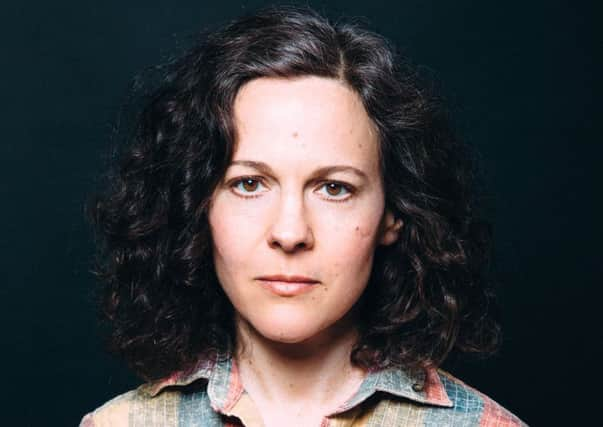Book review: The Heavens, by Sandra Newman


As the narrative progresses, the reader is constantly wrong-footed. Is Kate/Emilia a Messianic figure, attempting to craft the best possible future, or is she a delusional schizophrenic? Is this a love story, a science-fiction time-travel affair, or a mordant assessment of political chaos? (Answer: all of the above). As a child, it seems, at least in one iteration of the possible, she dreamt of “Albion” and would chant “Dream no cancer, dream no cancer – Albion!” This shows the very literary side of this exceptional novel. There’s a whiff of William Blake’s Albion – and his own psychosis. Later chapters weave in the poetry of Virgil and Wyatt and Shakespeare to the extent that I began to lose track of all the hidden references.
This might seem affected were it not for Sandra Newman’s own style. She writes the most elegantly balanced prose, and managing to capture the “what-ev-ah” talk of the contemporary and create a viable version of Elizabethan English which doesn’t sound like bad pastiche is a formidable achievement. Her style has a pleasing set of symmetries, and a sly use of what seems on the surface like the wrong word. For example, the sun “sorrowed prettily”; “Dabbling flames were like guesses at a feeling, the hearth’s fire was like the feeling itself”. There is an incantatory use of “it was real” or “he was real”. In one of the presents, amidst comic plots about surrogate children, a rescue scheme for mail order brides and provocateur artist-strippers, we get more doublings: “The only one who didn’t live at Martin’s was Martin”. Or “You were clearly going to run to your emotional center. Even if it wasn’t your emotional center, you would have to run to it, and you couldn’t be judged”. The latter quote comes from the novel’s bravest moment. Several novelists have tried to write the story of the 9/11 attacks (notably Jonathan Safran Foer, Don DeLillo and Ken Kalfus, mostly with success). Newman seems more like Claire Messud, whose version was done as a kind of Edwardian heyday with a looming war, with all the bright young things oblivious. Newman makes the shock visceral, especially since the reader has been nudged the whole time that Kate has a destiny to avert the awful. Reality, as Philip K Dick wrote, is that which, when you stop believing in it, doesn’t go away.
Advertisement
Hide AdWhen Kate is Emilia and conversing with Shakespeare he says “I have lived another life in the dark”. The next sentence is “Then all shifted and appeared in a different pattern”. That captures, for me, the kaleidoscopic nature of this book. But given it is such a gallimaufry of a novel, it needs a core. That core is in Kate’s desperation to change the world. It is echoed in some of the satellite characters, but the pure message comes from Ben: “he gazed at the pure white avenue and believed the world could be saved”. In a novel where everything is changing, the moral focus is that we cannot not change: emotionally, politically, environmentally, in terms of mental illness, or urban regeneration or sexuality or inequality.
This is a bravura piece of work that I hope reaches as wide a readership as possible. It isn’t an easy book, but it a very good book. And, as Kate learns, doing something good is not the same as doing something easy. As Robert Browning said: “Ah, but a man’s reach should exceed his grasp, or what’s a heaven for?” - Stuart Kelly
The Heavens, by Sandra Newman, Granta, £12.99